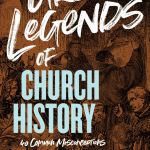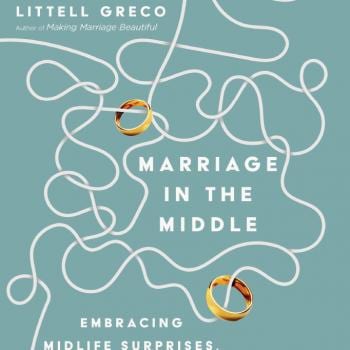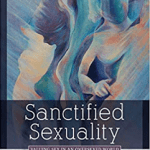
The foundational contract of the ancient Hebrews was their suzerain/vassal covenant with Yahweh, their God. In her excellent book The Epic of Eden, Dr. Sandra Richter describes this kind of treaty:
- The suzerain clearly holds more power than the other and therefore had the right to demand submission on the part of his weaker ally.
- As a result, in this sort of treaty the partners referred to each other either as “father and son” or as “lord and servant.”
- The suzerain had authority over the land and people of the vassal nation.
- The responsibilities of the suzerain always involved military protection.
- The vassal owed loyalty, tribute, and military assistance to its suzerain.
- The suzerain could have many vassals, but the vassal owed loyalty only to one suzerain. (pp 73–74)
A recent conversation about the suzerain/vassal covenant led some friends to liken it to the parent/child relationship, or an employer/employee relationship. In both of these, one party has more power, strength, and resources and forms a bond with the other that is mutually beneficial. The authority figure, or “suzerain,” offers provision, leadership, and protection (physical, legal, professional, etc) to the vassal figure, who in turn pledges loyalty, obedience, and required assistance (depending on the terms of the contract). It’s a loose comparison, but those two modern examples fit fairly well.
Then someone asked, “Does marriage fit this kind of covenant?”
Let’s qualify this question: Does a marriage between Christians fit the suzerain/vassal pattern? We must presuppose that husband and wife are disciples of Jesus and consider the Bible their authority on life and faith. With that understanding, many in the room paused, then nodded. Their reasons for agreeing that a husband is a sort of suzerain and the wife is like his vassal (no one argued that marriage literally was a S/V contract, only that it fit the model):
- The husband is the spiritual leader of the family
- In most cases the husband provides physical protection for the wife.
- God holds the husband ultimately responsible for the direction of his family
- If you need a tie-breaker for major decisions, the husband gets it by virtue of the preceding ideas.
They qualified every claim with assurances that men and women were equally created in the image of God, had equal value in His sight, and that the relationship is mutually respectful and loving. But otherwise, they equated a husband to the suzerain because he’s the authority.
I didn’t use the actual words, but I dissented. When asked why I was shaking my head, here’s what I said:
“A marriage covenant is between two equals, both pledging each other love and loyalty. Marriage is about oneness, but it’s impossible to be one with your authority figure.”
















